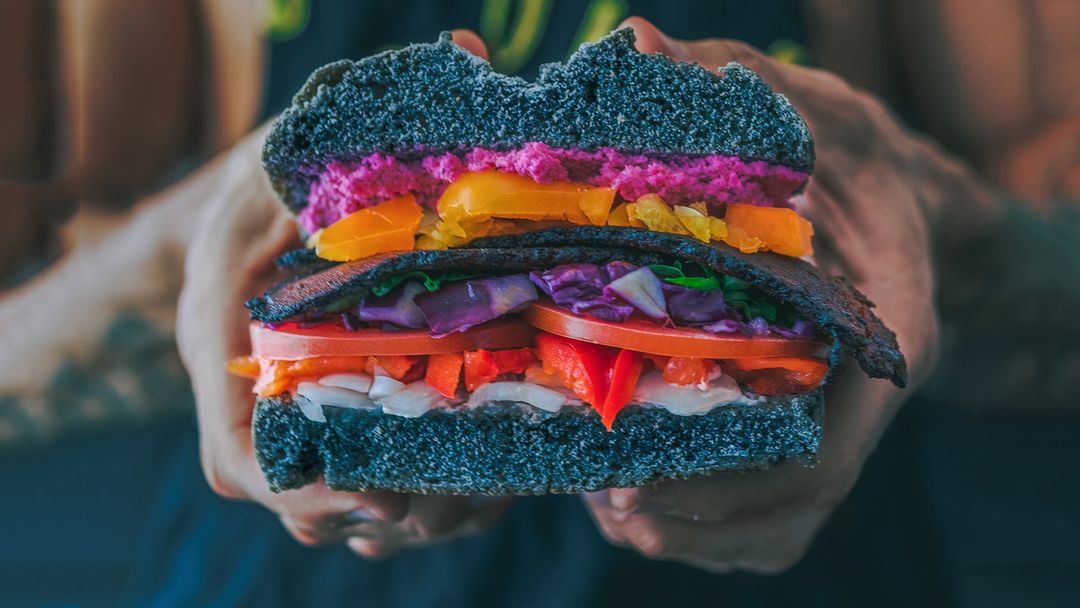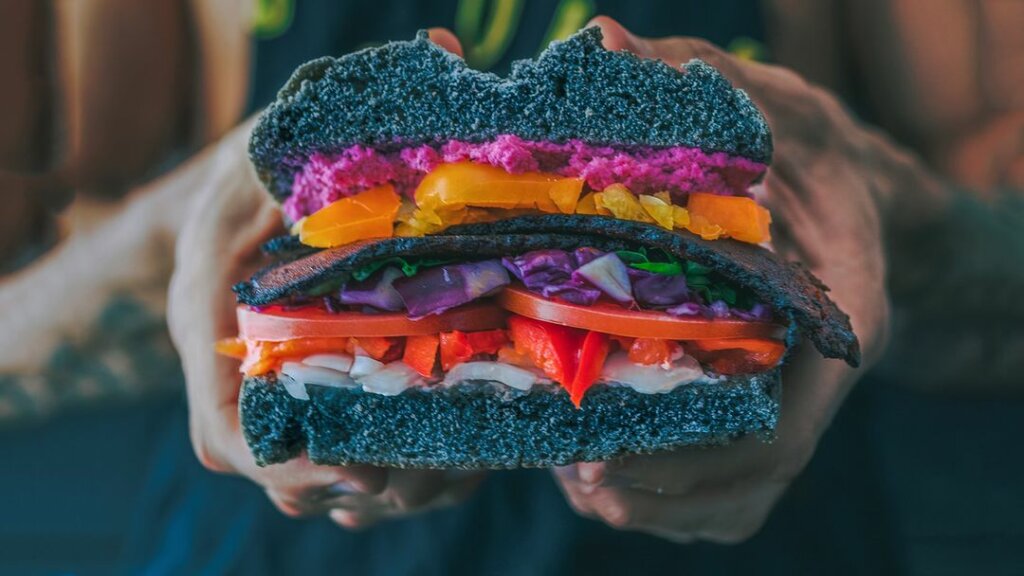Veganism is defined by refraining from eating, using and relying on animal products. The vegan lifestyle is becoming more and more popular for environmental and ethical reasons. Despite this rise in popularity, many misconceptions about veganism remain common. Explore a few of these misconceptions, including why they should be challenged, below.
1. Vegans don’t get enough protein.
One of the most common misconceptions of veganism is that it is difficult to get enough protein. Protein is one of the three macronutrients (the other two being fat and carbohydrates) and is responsible for building muscle, which in turn influences metabolism and hormones. It is made up of its own building blocks called amino acids. Animal meat is a complete protein, meaning that it contains all of the amino acids needed for the body but they are not the only source.
A balanced vegan diet offers plenty of protein; practically all vegetables, beans, grains, nuts, and seeds have it. The amount of protein needed varies for every individual. The Institute of Medicine suggests anywhere from 10 to 35 percent of daily caloric intake should come from protein. The vegan diet offers plenty of protein—just be mindful and balance accordingly, and speak to your doctor with any concerns.
2. Being vegan restricts you from enjoying your ‘favorite’ foods.
Food is a necessity for all people, and our beliefs, traditions and identity are closely tied to what we eat. We grow up with certain foods, and this plays into cultural rules about what is normal and healthy. From an outside perspective, the vegan diet may seem like never-ending salads, but this couldn’t be further from the truth! Many comfort foods can be created in the vegan diet—you just need to be creative.
For example, vegan ‘cheese’ can be made using cashews. Tempeh and jackfruit can take on a meaty texture for BBQ or in a curry, and dairy milk can be easily substituted with coconut or oat ‘milk’. When you first explore vegan food, it is helpful to try out vegan restaurants to see what is possible. And remember, food traditions can always change. Share your vegan creations with family and friends to show vegan food can be healthy, delicious, and within cultural tastes.
3. Vegans are pushy and judgmental.
Are all vegans judgmental of others who don’t follow the lifestyle? Of course not! Are there some who are? Yes! People’s beliefs and behaviors vary, vegans and non-vegans alike, but don’t let one bad experience define a group.
This persistent misconception is rooted in the very essence of the vegan lifestyle: not eating animals. Mainstream culture is focused around animal products and vegans deviate from that which can cause scrutiny. People often misinterpret veganism as a rejection of mainstream society and of other lifestyles, but this isn’t necessarily accurate.
Vegans come in all shapes, sizes, ages, genders and cultures and adhere to the lifestyle for many different reasons. Being open-minded and listening are keys to understanding one another. Following a vegan lifestyle is simply an action (or actions) people choose to guide their daily choices—not a judgment.
4. The vegan lifestyle is all about food.
Food is a big part of the vegan lifestyle, but it isn’t the only aspect. Vegans avoid using products that are involved in animal exploitation. Because of this, they refrain from relying on any animal products, including clothing, shoes, cosmetics, toiletries and more.
For example, many vegans do not wear clothing made from animal products, such as fur, wool, feathers, leather, and silk. Instead, a vegan may opt to wear plant fabrics such as cotton, linen, or hemp, and synthetic materials such as polyester, acrylic, or nylon.
5. A vegan diet causes illness.
Another common misconception associated with a vegan lifestyle is that not eating/using animal products makes you weak and prone to illness. The root of this misconception is often tied to a poor understanding of what the vegan diet is, as well as the preconception that animal protein is needed to build muscle and create optimum health. A healthy diet is balanced and varied, and creating a vegan version provides a wide range of vegetables, grains, carbs, fats, and proteins.
6. A vegan lifestyle is simply not affordable.
Browsing pre-prepared vegan alternatives in the store can leave any person with the impression that eating vegan is expensive. The vegan lifestyle can be customized to fit a budget. The key is to avoid always buying food out and instead make it yourself, as most of the everyday food staples are affordable and widely available. Maintaining balance in the diet is important, and this can be done by planning weekly recipes and snacks.
The vegan lifestyle sometimes does require some planning, but this often allows you to be more thoughtful and conscientious of what you are eating and how you are eating it.
Misconceptions are ultimately rooted in misunderstanding. To understand the vegan lifestyle, take time to explore it. Try a new recipe on a classic dish, or talk to a vegan. Take time to look it up, read about it, and try to learn more about vegan lifestyles to acquaint yourself with the ideas. Who knows, maybe then you can decide for yourself if a vegan lifestyle is something you would support and follow.



